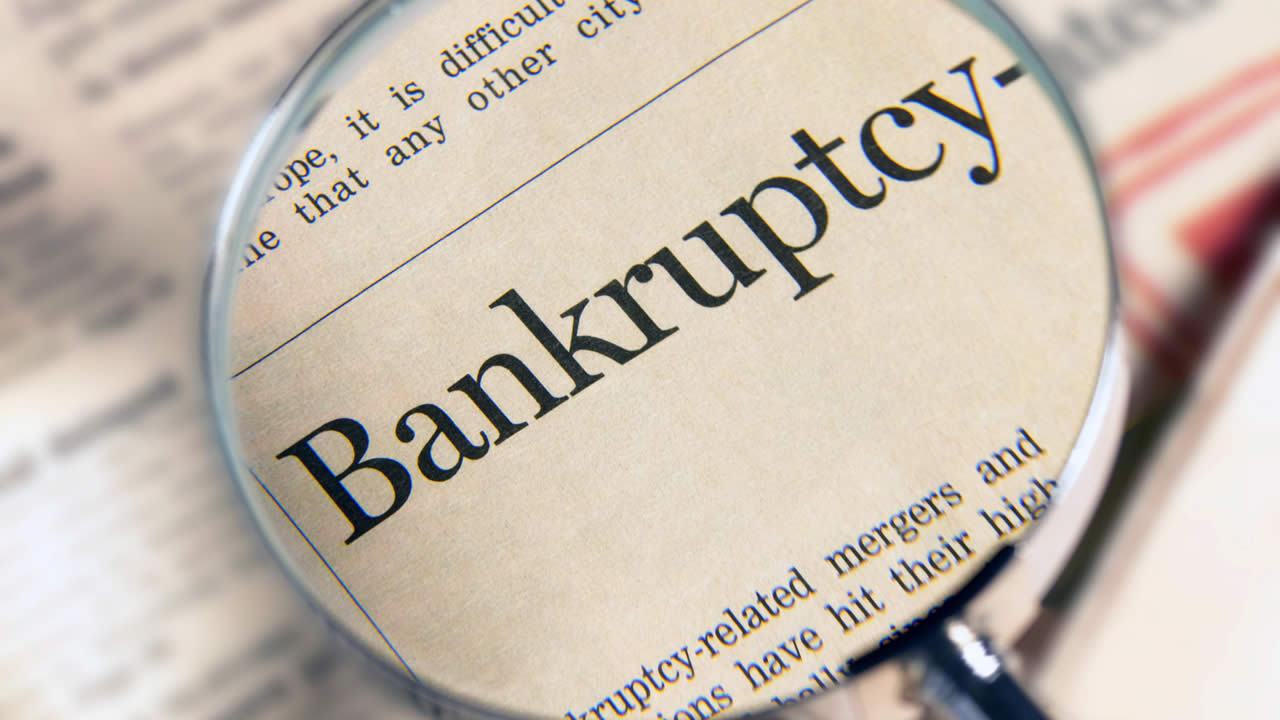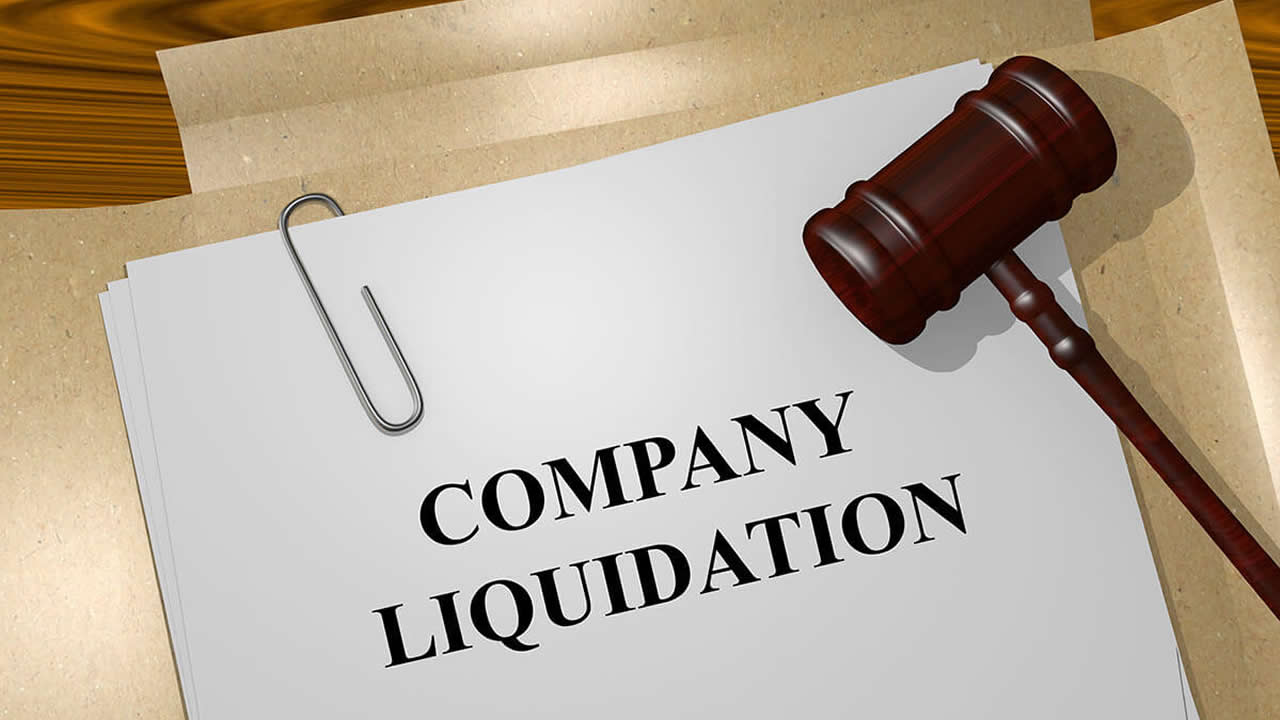
The business climate of Mauritius has been witnessing the issue of liquidation of companies quite often. The Member of Parliament Reza Uteem raised a question in Parliament recently asking for amendments for the disqualification of directors. Statistics show that from 2014 to April 2019, 1,616 companies were put into liquidation. It is an alarming situation and experts are of the view that severe sanctions need to be taken against directors for mismanagement.
Section 133 (2) of the Companies Act 2001 deal with the qualification of the directors. It has been stated that no person shall be appointed, or hold office, as a director of a company if he is a person who is an undischarged bankrupt. But still, there have been cases where directors have gone bankrupt and were able to set up another business. From 2014 till today, 1,616 companies have resorted to liquidation process. This was revealed by Prime Minister and Finance Minister Pravind Jugnauth to a question from the Opposition MP Reza Uteem. It has been highlighted that for the period of January to April 2019, out of 69 companies, 44 are GBCs and 25 are domestic. For the year 2018, out of 359 companies, 253 are GBCs and 106 are domestic. For the year 2017, out of 313 companies, 194 are GBCs and 119 are domestic. For the year 2016, out of 292 companies, 230 are GBCs and 62 are domestic. For the year 2015, out of 275 companies, 193 are GBCs and 82 are domestic. For the year 2014, out of 308 companies, 170 are Global Business Companies (GBCs) and 138 are domestic companies. Why is such a situation prevailing? What should be done to ensure that there is no abuse of power and that the law is respected? Experts provide their insight.

 Reza Uteem : “Directors should be disqualified for five years”
Reza Uteem : “Directors should be disqualified for five years”
Member of Parliament Reza Uteem states that there is an anomaly in the law. He refers to section 133 (2) of Companies Act where it is stated that no person shall be appointed, or hold office, as a director of a company if he is a person who is an undischarged bankrupt. “There is no provision made against a director who declares a company bankrupt and set up another company. In this sense, there have been cases where a director has declared bankruptcy but he later set up another company and he did the same again. It is regrettable that there are no sanctions for these types of individuals. It has been seen that rarely do banks question the director of companies in cases of bankruptcy. The directors are not answerable to anyone.”
He reveals that the laws should have demanded or ask for an enquiry when a company goes under liquidation to see whether there has been a breach of duties, role and responsibilities of the director or a misuse of funds. “One of the measures should be disqualified directors for a minimum period of five years. During these years, the director should not be allowed to have another company.”
The MP believes that if amendments are brought, it will have a positive consequence on the business climate. First, he avers that this will ensure the fact that directors are assuming their responsibilities. “The current law is, in a sense, encouraging directors to shut down doors after going bankrupt and create another company. It is easier to open a new business for them, as there is no sanction and it is the employees who suffer the most.”
He further adds that if there is disqualification of directors, there would be no incentive to put companies under receivership. “The directors would be forced to assume their responsibilities and discharge their duties. They will ensure the viability of the business. They will hesitate to take loans and even if they take one, they will pay the debt with dues. With the sanctions, directors will think twice before making any decision.”
 Penny Hack : “Severity of laws will never solve the issue”
Penny Hack : “Severity of laws will never solve the issue”
Lawyer Penny Hack explains that the Companies Act makes provisions for the disqualification of directors but how far do we comply with the law is questionable. “A director usually should be accountable and has a responsibility towards stakeholders as well as employees. He cannot just declare bankruptcy and get out of the way. But unfortunately, there are some directors who abuse the law and declare bankruptcy. They disappear and reappear again. There is excessive fraud. In such cases, the Registrar of Companies should react and take serious sanctions.”
He states that in case a company has been bankrupt following an economic crisis or any serious circumstances that is out of control, it can be understandable, but in cases where mismanagement has occurred, sanctions are needed and the directors should be disqualified. “If we observe well, Mauritius already has the necessary structure to deal with such situations, but is it working as it should be, is another debatable issue. There should be clear guidelines about the director’s roles and duties. If the mechanism into place is not working, fraud will continue to prevail. If a director is at fault, he needs to face the law and be punished. He should lose the status of a being a director.”
He believes that severity of laws will never solve the issue but instead, he calls for a solution to avoid the occurrence of such situations. “The solution starts by educating them from the beginning itself. If the director is not well-versed about his duties and roles, the problem will continue to persist.”
 Shaktee Ramtohul : “There is need for a regulation”
Shaktee Ramtohul : “There is need for a regulation”
Accounting expert and associate Lecturer at Middlesex University, Shaktee Ramtohul recalls that currently, there is no regulation which may disqualify a Director or prevent a Director who has been previously involved in Mismanagement or Misappropriation of funds to create a new company. “However, the recent company closures resulting in the loss of significant employment, involving cases where employees have spent the majority of their careers through dedicated service towards those companies, signifies the need for the introduction of such a regulation.”
According to him, a company closure may occur for numerous reasons and sometimes beyond the control of management. “The examples are the rate of inflation, changes in the Foreign Exchange Rate, improvement in technology, a slow-down in the economy, amongst others. The Regulation, if introduced, should clearly define misappropriation of funds. An example of misappropriation of funds could be using working capital facilities from a lending Institution to finance private acquisition for the Company Directors. From a finance perspective, it leaves the company with very little funds to pay off its short-term and possibly long-term obligations and could lead to bankruptcy.”
Misappropriation of funds undoubtedly leads to mismanagement, he says. “Mismanagement could also result from lack of Training & Development. Company Directors often lack the leadership skills as well as organisation skills to ensure a sustainable company through no fault of their own. Business models are currently evolving and some Directors are caught up using traditional methods of management, which may not adapt to the current demands.”
He believes that the rules for disqualification should be very clear if introduced as a rule of Law such that no stones are left unturned in proving that there was clearly misappropriation of funds. “Adopting a Regulation through a Rule of Law should clearly be a medium to long term solution. However, this process will have to go through the normal Parliamentary Procedures, involving high level debates, which may take time until finalisation.”
One of the outcomes of the Regulation could be the introduction of a Certificate from the Director of Public Prosecution, certifying that the Director has not been involved in instances of misappropriation of funds at the time of applying for a Company Registration at the Registrar of Companies, he highlights. “Immediate measures could involve a thorough Training & Development for Company Directors in areas of Ethics/Risk Management/Finance/Leadership/Change Management. Why not a Qualification which is specifically designed for Directors primarily leading Medium to Large Corporate Entities. This may instil an element of trust among the shareholders. A Standardised Code of Ethics for Company Directors is also needed.”

 Eddy Jolicoeur : “The issue is complex”
Eddy Jolicoeur : “The issue is complex”
The Chief Executive Officer of MIoD (Mauritius Institute of Directors) Eddy Jolicoeur states that “disqualification” means being banned or barred from acting as director on any board after having been found guilty of wrongdoings. “The issue is, however, complex. If the case involves an executive director who, stricto sensu, is an employee, the solution is simple. The director will logically be sanctioned. It will then be the responsibility of his or her potential next employer to make reference checks before offering a role to him or her. The Board, collectively, will be accountable to the shareholders for the appointment of the executive eventually. On the other hand, I cannot see how a non-executive director can be involved in a case of mismanagement, as it is not the role of such a director to ‘manage’.”
He explains that it is more a question of having a stringent recruitment and selection process. “Companies should systematically have reference checks for every shortlisted candidate and disqualify those who have been involved in wrongdoings or those who are not aligned with the company’s values. Professionalising business processes will certainly impact positively the business climate.”
 Sheila Ujoodha : “It will promote an ethical culture”
Sheila Ujoodha : “It will promote an ethical culture”
Managing director of SmarTree Consulting Ltd states that it is imperative to recall that the welfare of a company rests on the shoulders of the directors. “Directors, being the fiduciary agents of the company, are duty bound to act in the best interests of the said company as well as shareholders. Moreover, stakeholders’ interests are increasingly being regarded as an inclusive component since creditors, for example, should also be brought under the safety umbrella in order that the business sector and the economy as a consequence are protected.”
She explains that a robust corporate governance system requires men and women of competence and integrity to head the entities which contributes towards economic growth and more importantly towards job creation apart from profits for their shareholders. “A director should run the risk of disqualification if he fails to fulfil his legal and directorial responsibilities. The circumstances leading to and the disqualification period should be clearly spelt out in the law such that the ‘disqualified director’ cannot be directly/indirectly involved with the setting up, management, or promotion of a company or limited liability partnership within the stated span of time.”
Efforts made by companies to adopt sound business standards and corporate practices relating to disqualification of directors will promote an ethical culture and a proper climate of governance, she adds. “Ultimately, on a macro perspective, a trusted and vibrant environment will be created for businesses to thrive and flourish and contribute towards making Mauritius the best place for business.”
She further adds “the current National Code of Corporate Governance 2016 comprises principle 3- director appointment procedures but does not specifically mention the disqualification of directors, which is, in my opinion, a corporate governance related issue. The former therefore, as well as Section 338 of the Companies Act 2001, relating to the disqualification of directors, must be reviewed for the betterment of the corporate world.”
 J'aime
J'aime














